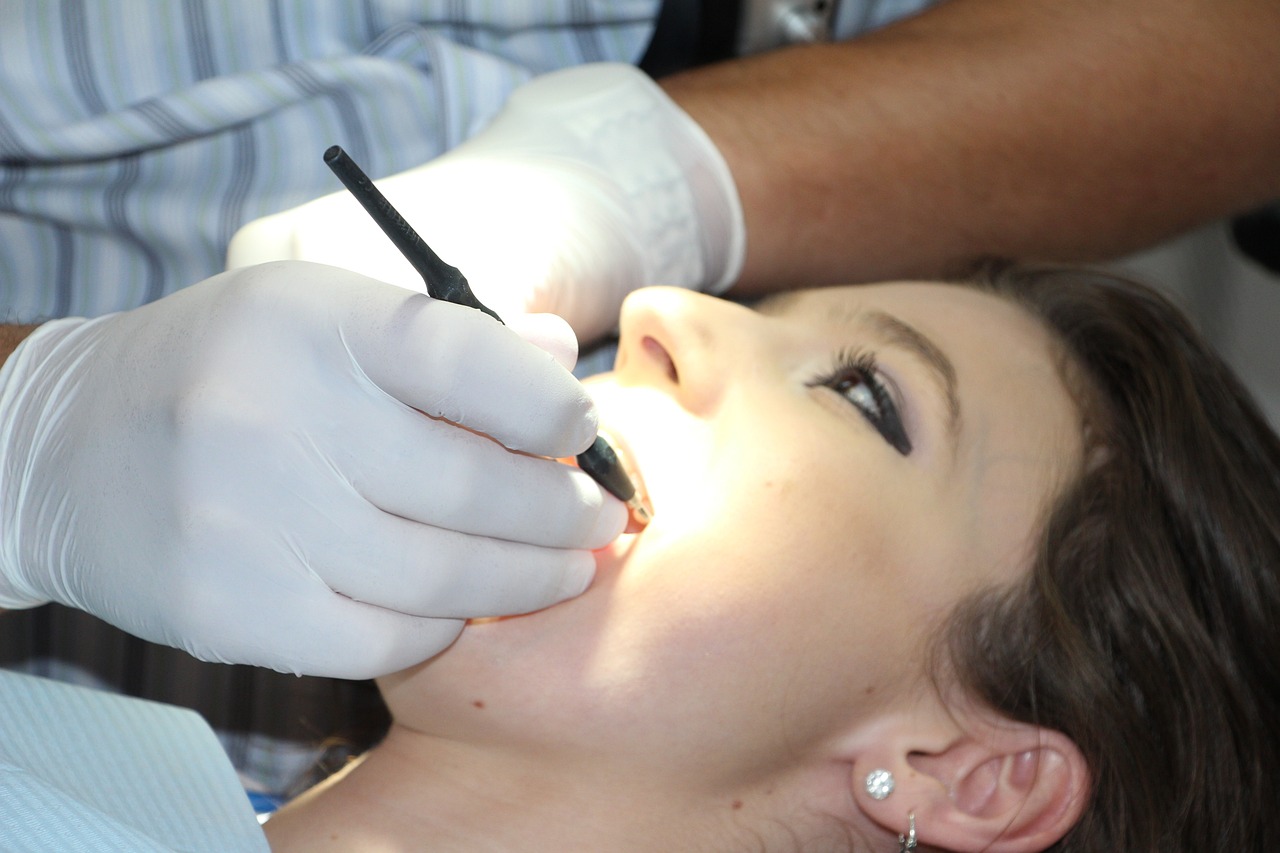Warning Signs You Shouldn’t Ignore: When to Seek Emergency Dental Care
Are you experiencing a toothache that won't go away? Or you may have noticed unusual…


Are you experiencing a toothache that won't go away? Or you may have noticed unusual…

Maintaining a radiant smile goes beyond brushing and flossing. It involves paying attention to what…